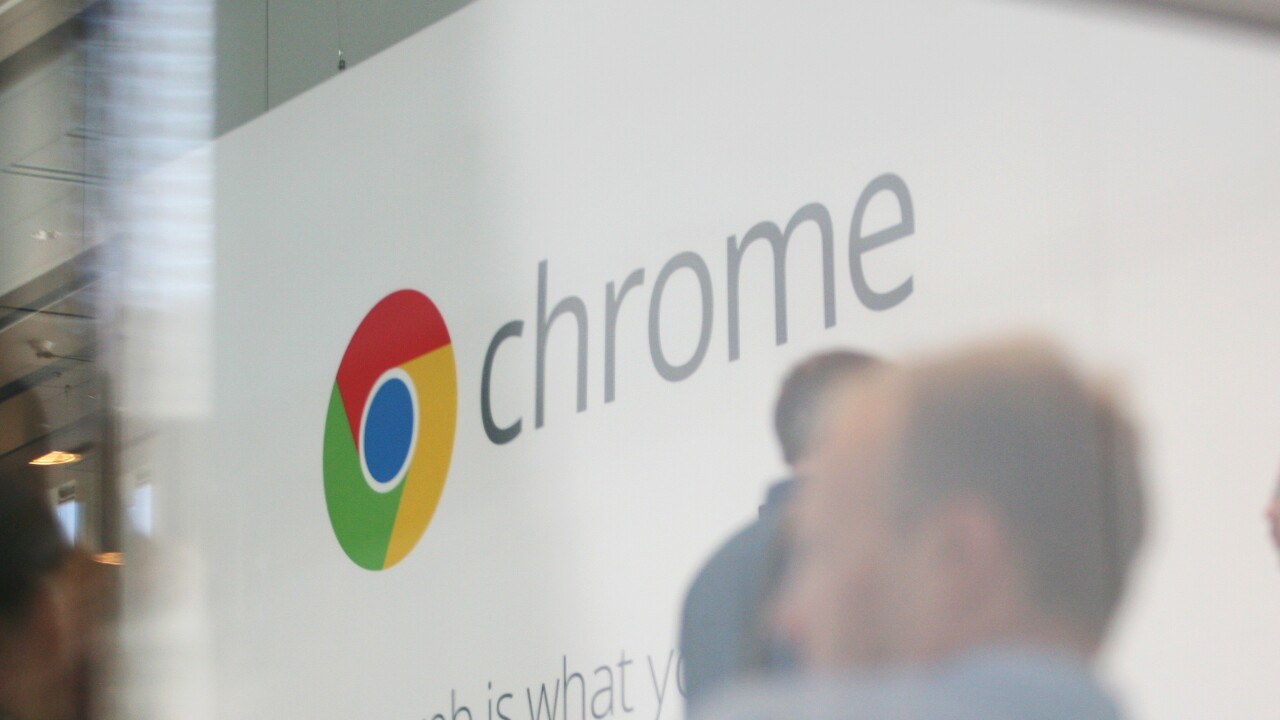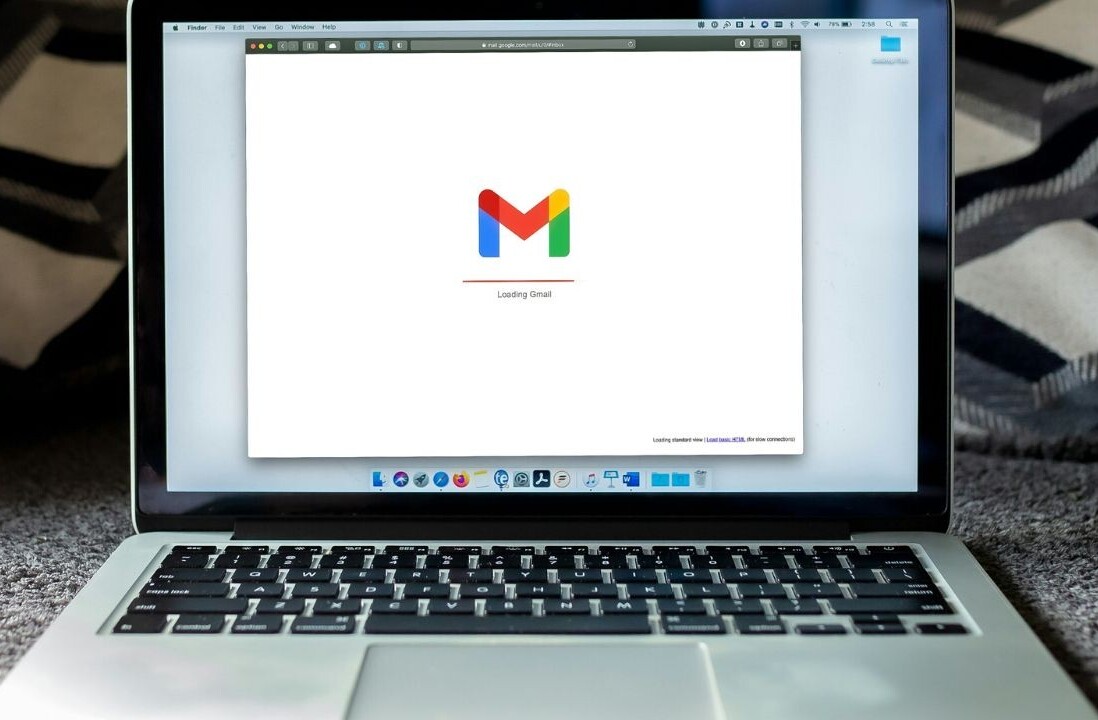
Google today updated its Chrome Apps for Mobile project with new Chrome APIs for identity, Google Cloud Messaging (GCM) support, and rich notifications. At the same time, the company has improved the developer workflow and added modern WebView capabilities for older versions of Android.
Chromium WebView, which was introduced as part of Android 4.4 KitKat, is now available on any device running Android 4.0 Ice Cream Sandwich and higher. This can be done by bundling your Chrome App with an embeddable Chromium WebView, thanks to the Crosswalk open source project.
To show off this new functionality, Google ported the Topeka Polymer Web App released at its I/O conference. As you can see below, it has been packaged it as a Chrome App for Android, which you can try for yourself over at Google Play.
Also worth underlining is the new live deploy feature, which lets developers instantly preview any code changes they make to the Chrome App they’re currently working on, right on their Android or iOS device. The feature is available in both Chrome Dev Editor (CDE) and the Chrome Apps for Mobile command line tool.
For those who don’t know, Google launched Chrome Apps for Mobile back in January, offering a toolchain based on Apache Cordova, an open-source mobile development framework for building native mobile apps using HTML, CSS and JavaScript. The goal is to encourage developers to build Chrome Apps that can not only run on the desktop, but on Android and iOS as well.
This is achieved via a native application shell wrapped around the Chrome App, as well as Cordova plugins that give access to various APIs, including many of the core Chrome APIs. As a result, developers can distribute their apps via Google Play and Apple’s App Store. Google hasn’t shared any numbers on how many apps have been developed using this toolkit.
Image credit: Kimihiro Hoshino/AFP/Getty Images
Get the TNW newsletter
Get the most important tech news in your inbox each week.






